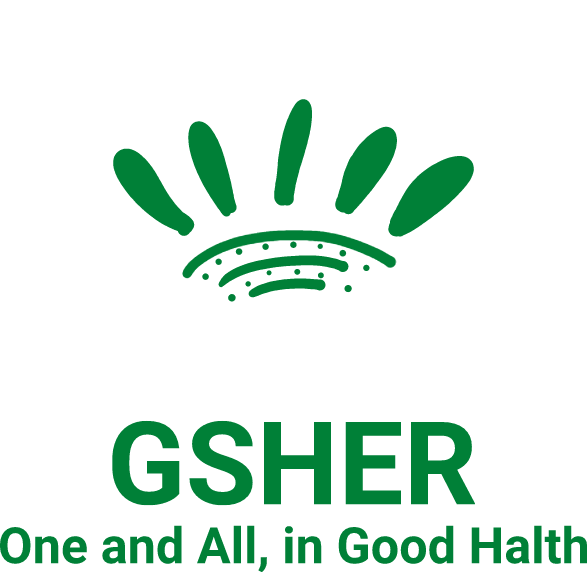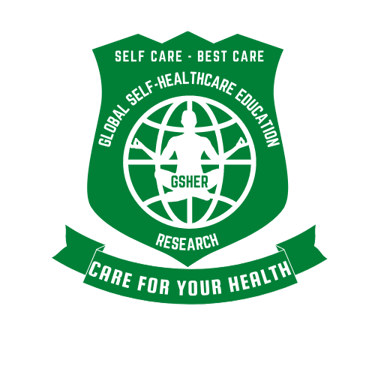The Self-Healthcare Revolution: Empowering Individuals Through Global Self-Healthcare Education and Research
A must-read for everyone interested in taking care of their own health.


In recent years, a significant shift has taken place in the field of healthcare. Empowered by the widespread availability of information and technological advancements, individuals are taking charge of their own health like never before. This self-healthcare revolution has been fueled by the efforts of our organization Global self-healthcare education and research. Read the article to explore how this revolution is empowering individuals to make informed decisions about their well-being and transform the way healthcare is approached.
Empowering Individuals:
Gone are the days when individuals had to rely solely on healthcare professionals for guidance and treatment options. With the advent of the internet and easily accessible information, people now have the tools to educate themselves about various health conditions, preventative measures, and alternative treatments. The same advantages are now becoming disadvantages as disinformation takes center stage as a result of the increased focus on short-term gain and rapid cash gains. Global self-healthcare education initiatives, spearheaded by organizations and reputable platforms, will play a pivotal role in disseminating accurate, evidence-based information.
The democratisation of knowledge has propelled the self-healthcare revolution. Medical information was previously largely restricted to doctors and hospitals, making it inaccessible to the general public. GSHER, on the other hand, is now prepared to serve as a comprehensive library of health-related information, spanning from taking care of your health through its platform. Individuals can learn about their personal health challenges and make informed decisions about their well-being because information is readily available.
Self-Diagnosis and Self-Care:
Self-diagnosis is an emerging trend in the self-healthcare movement. While it is important to approach self-diagnosis with caution and consult healthcare professionals for accurate diagnoses, individuals now have the ability to research symptoms, understand potential causes, and gather relevant information before seeking medical advice. This newfound knowledge improves the doctor-patient connection by allowing individuals to actively participate in talks about their health and contribute to treatment decisions. Gsher is determined to show the path to the needy.
Furthermore, self-healthcare education promotes self- Health Care practices aimed at maintaining and improving overall health. Individuals are armed with the information to take proactive efforts towards their well-being, from adopting good lifestyle choices to managing stress and preventing sickness. This preventative strategy has the potential to minimise the burden on healthcare systems while also encouraging personal accountability for health outcomes.
Limitations and Challenges:
While the self-care revolution has clearly revolutionised the healthcare scene, it is not without its challenges. The amount of health and wellness information accessible can be overwhelming and occasionally misleading. It is vital to distinguish between credible and untrustworthy sources, and individuals must develop critical thinking abilities in order to assess information critically. GSHER programmes will empower people to develop health skills so that they can choose and modify information to their specific needs.
Furthermore, self-Healthcare should supplement, rather than replace, professional medical advice. While individuals can gather information and actively participate in their healthcare, qualified healthcare professionals must be consulted for accurate diagnoses, personalised treatment plans, and ongoing care.
Conclusion:
The global self-healthcare education and research revolution has empowered individuals to take responsibility for their health and well-being. People are actively engaged in their healthcare decisions, taking preventive steps, and seeking alternative therapies now that they have access to large amounts of information and resources. To achieve the best results, it is critical to strike a balance between self-education and expert medical guidance. As this revolution progresses, it has the potential to transform the healthcare landscape by putting individuals at the centre of their own treatment, ultimately reshaping the healthcare landscape.
